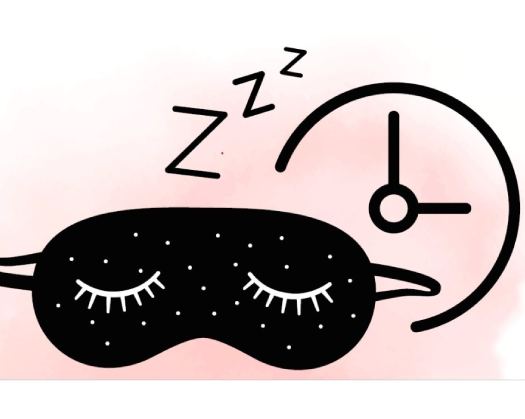It is advisable for individuals observing fast to ensure they get at least four hours of sleep after breaking their fast at night. Additionally, it is recommended to take a short nap after the pre-dawn meal before starting the day.
The body requires an average of 8 hours of sleep daily, even during the holy month. Failure to meet this requirement can result in sleep deprivation, leading to daytime fatigue. Taking short naps during the day is beneficial, and going to bed early is encouraged.
The Ministry of Health emphasized on social media that the quality and duration of nighttime sleep differ from daytime sleep due to the secretion of melatonin, the sleep hormone, which is more active at night.
Abrupt changes in sleep patterns can cause various issues such as lack of focus, forgetfulness, stress, and physical symptoms like headaches, reduced appetite, and fatigue.
Scientific research has demonstrated the significance of nighttime sleep over daytime sleep, primarily due to the activation of various glands in the body during the night by the biological clock. Melatonin, a hormone crucial for vitality and immune system strength, is not secreted during the day, leading to feelings of fatigue and lethargy when sleeping during daylight hours.
It is essential to prioritize improving sleep quality and ensuring an adequate amount of rest during the night, especially during the month of Ramadhan. Studies have revealed that sleep plays a role in regulating satiety and hunger levels, with insufficient sleep linked to changes in hormones that control appetite (leptin and ghrelin), potentially making fasting more challenging. Furthermore, consistent sleep patterns are vital for a healthy immune response, as inadequate sleep can increase susceptibility to infections and prolong recovery time.
Three key factors contribute to quality sleep: maintaining a regular sleep schedule, obtaining uninterrupted sleep for a sufficient duration, and adopting habits conducive to healthy sleep, such as limiting exposure to digital screens. Individuals who consume tea or coffee hastily at Iftar may struggle to sleep at night, as it takes several hours for the body to metabolize stimulants.













